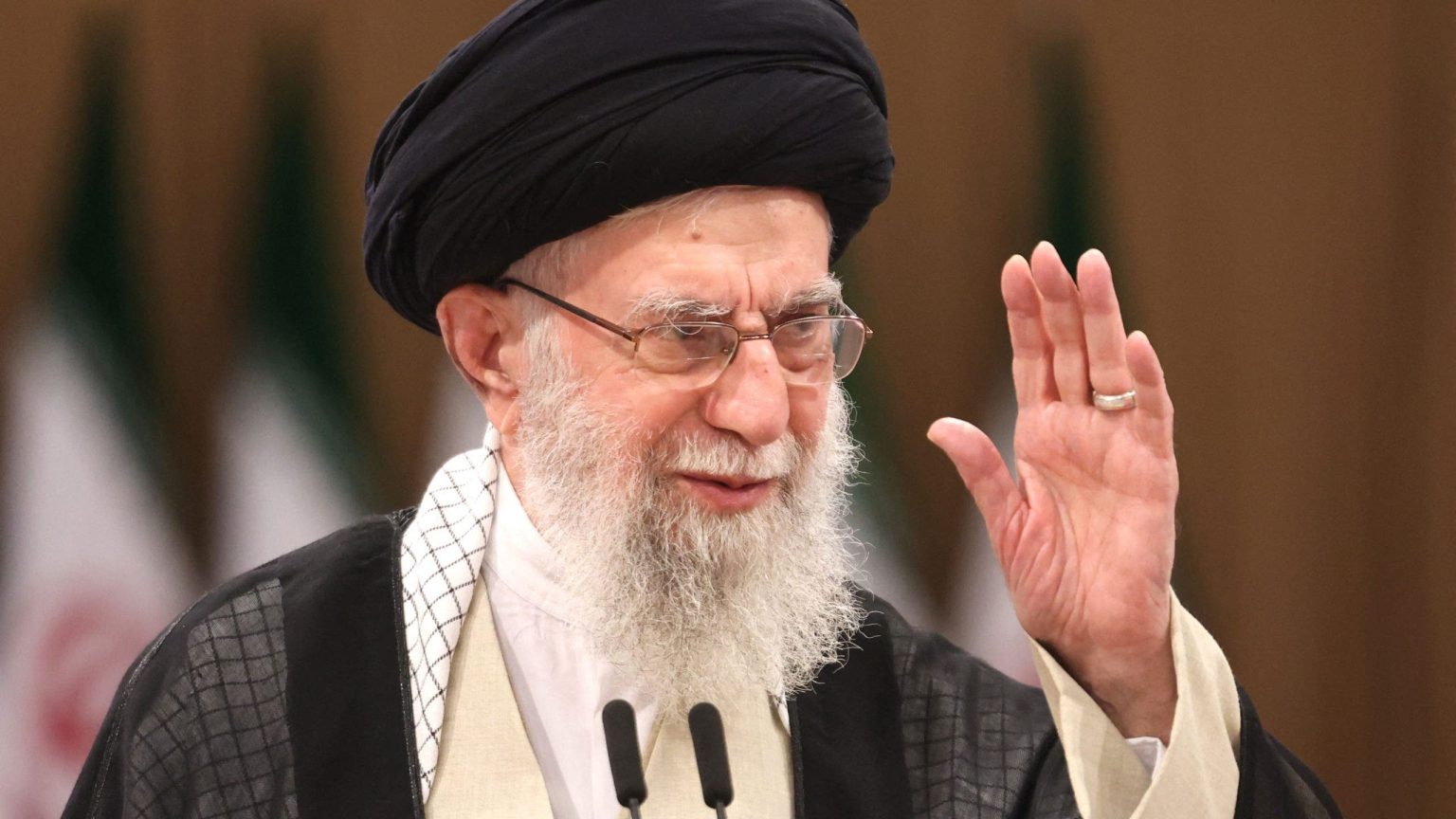Iran’s Supreme Leader Ayatollah Ali Khamenei has gone into hiding following Israel’s strikes outside Beirut that killed Hezbollah leader Hassan Nasrallah. Khamenei remains in a secure location within Iran as the country grapples with how to respond to the killing. In a statement, Khamenei emphasized the importance of resistance in the region, with Hezbollah at the forefront. Iran reached out to Hezbollah and other proxy forces in the region to discuss potential actions to take in response to Nasrallah’s death. The Iranian Revolutionary Guards’ deputy commander Abbas Nilforoushan was also reportedly killed in the Israeli strikes, further escalating tensions between Iran and Israel.
The killing of Nasrallah has sparked outrage in Iran, with hundreds of protesters taking to the streets of Tehran chanting anti-Israel slogans. Iranian President Masoud Pezeshkian partially blamed the United States for Nasrallah’s death, accusing Washington of complicity in providing weapons to Israel. The ongoing conflict involving Iran’s proxies – including Hamas in Gaza, Hezbollah in Lebanon, and others in Yemen and Iraq – has led to escalating violence and cross-border attacks. Iran is investigating the possibility of infiltration by Israeli agents within its ranks, heightening tensions in the region.
Israeli Prime Minister Benjamin Netanyahu defended the targeting of Nasrallah, describing him as “the terrorist” and emphasizing the importance of achieving Israel’s goals through such actions. Netanyahu expressed hope that Nasrallah’s death would lead to the return of displaced Israelis and pressure Hamas to release Israeli hostages in Gaza. However, he warned of significant challenges ahead and cautioned Iran against retaliatory strikes. Iran’s U.N. Ambassador called for an emergency council meeting in response to the attack that killed Nasrallah and Nilforoushan, warning Israel against targeting Iranian diplomatic premises.
The escalating conflict between Iran and Israel has led to further instability in the region, with both sides engaging in strikes and counterstrikes. The killing of top Hezbollah leaders, including Nasrallah, has fueled anger and calls for retaliation in Iran. The possibility of further infiltration by Israeli agents within Iran’s ranks has raised concerns about the country’s security. While Iran looks to its proxies for support, the situation remains tense as both sides brace for potential retaliation and further violence.
The impact of Nasrallah’s killing extends beyond Iran and Israel, affecting the entire region as tensions escalate. The involvement of various proxy forces in conflicts across the Middle East has heightened the risk of broader conflict. The ongoing violence and targeting of top leaders have inflamed tensions and raised concerns about the potential for a larger-scale confrontation. As both Iran and Israel prepare for possible retaliation and further strikes, the situation remains precarious and unpredictable. The fate of the region hangs in the balance as resistance forces, led by Hezbollah, face off against Israeli aggression.













